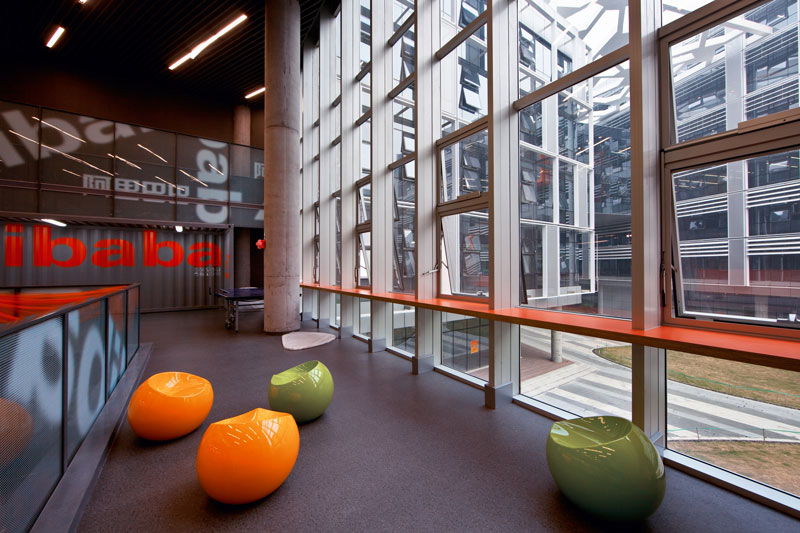
One big difference between the two companies is that Alibaba expects to post $5 billion in revenue and $1 billion in profit this year. Twitter has said that it had revenue of $422 million through the end of September and that it had posted a loss of $134 million as well.
Another big difference is corporate governance. Alibaba’s corporate structure puts control of the firm in the hands of 28 founders and stockholders who hold just over 10% of Alibaba and the company wants to keep it that way. The Hong Kong Stock Exchange balked and Alibaba has reportedly discussed a listing with both NYSE Euronext Inc. (NYSE: NYX) and The Nasdaq OMX Group Inc. (NASDAQ: NDAQ) that would allow the company to maintain its existing structure. Both the NYSE and the NASDAQ have reportedly agreed that Alibaba can go public with its existing governance structure.
Facebook Inc. (NASDAQ: FB) and Google Inc. (NASDAQ: GOOG) both issue two classes of stock and the companies’ founders maintain control by owning a majority of the preferred shares which count far more heavily in voting. Alibaba could well adopt a similar structure. Twitter will not have a dual-class share structure.
Alibaba’s “Gang of 28” has already displayed how it can use its power. In early 2011, the company transferred its electronic payment business, Alipay, to a company controlled by Alibaba founder Jack Ma. At the time, Yahoo! Inc. (NASDAQ: YHOO) owned about 43% of Alibaba’s stock, but Yahoo’s then-CEO, Jerry Yang, said he was not consulted about the sale and was taken by surprise, as was Japan’s SoftBank, which owned about 33% of Alibaba’s shares. Yahoo and SoftBank held three of Alibaba’s five board seats at the time of the sale, but a fat lot of good that did them. When news of the Alipay sale was announced, Yahoo’s stock fell by more than 7%.
The discussions between Alibaba and the NYSE and NASDAQ may be nothing more than a ploy to get the Hong Kong exchange to bend to the company’s will. The government will surely want to avoid having a company the size of Alibaba trading on a foreign exchange, and Alibaba should be able to use that as leverage.
One bit of good news for potential Alibaba shareholders is that the stock will very likely have to be priced lower if the current governance structure is maintained. The question for investors is whether or not the discount is worth the lack of control.
Thank you for reading! Have some feedback for us?
Contact the 24/7 Wall St. editorial team.





